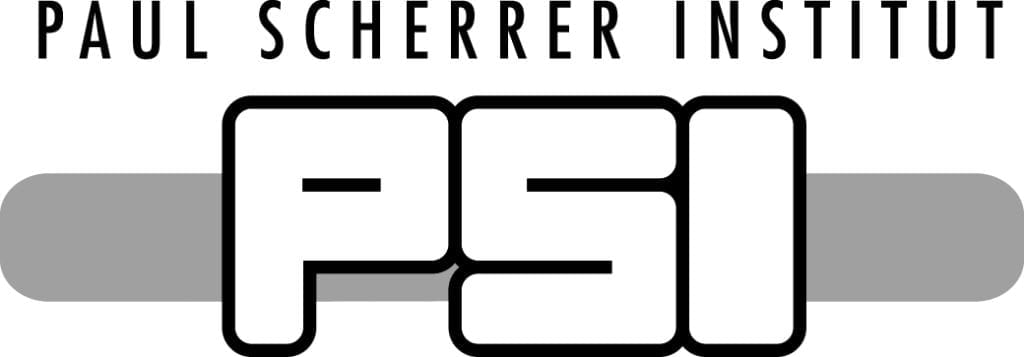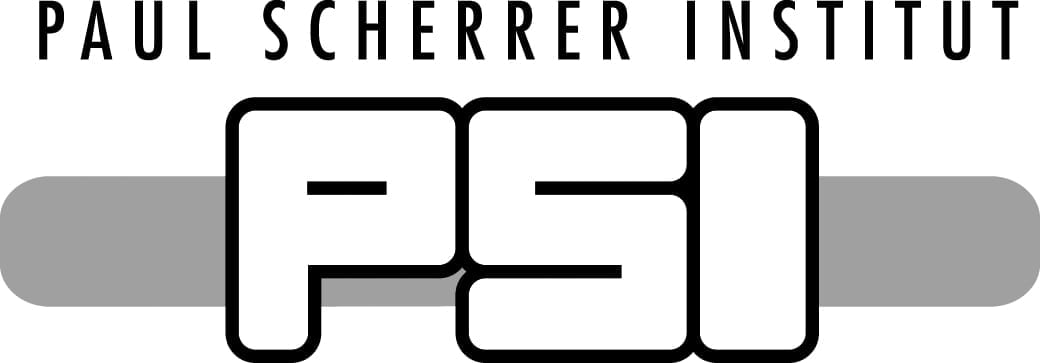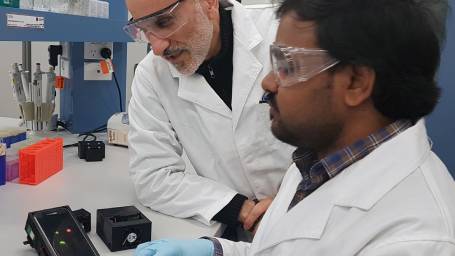
The Paul Scherrer Institute (PSI) is a multi-disciplinary research institute which belongs to the Swiss Federal Institutes of Technology Domain covering also ETH Zurich and EPFL
The Latest Bing News on:
Paul Scherrer Institute (PSI) Research
- Computational workflow engine, matched with robotic platform, used to drive experiments for the first time
Computational and experimental methods in materials science are often described as entirely separate affairs. On one side, computer simulations are used to explain and predict the properties of ...
- How to clean up New Delhi’s smoggy air
Nowhere else do people breathe air as dirty as in India. According to the World Health Organisation, as many as 1.3 million deaths per year on the subcontinent can be attributed to polluted air. With ...
- Students Pursue Passions Through Horticultural Research Institute Scholarships
Three students at North Carolina State University, at different levels of their educational journeys, have been recipients of Horticultural Research Institute (HRI) scholarships.
- Rescuing music with X-rays
The Paul Scherrer Institute PSI develops, builds and operates large, complex research facilities and makes them available to the national and international research community. The institute's own ...
- Groundbreaking AI Technique in Early Cancer Detection
Researchers at the Paul Scherrer Institute (PSI) have recently achieved a significant ... The hypothesis driving this research is the reaction of these blood cells to substances released into ...
The Latest Bing News on:
Paul Scherrer Institute (PSI) Discovery
- Feed has no items.










